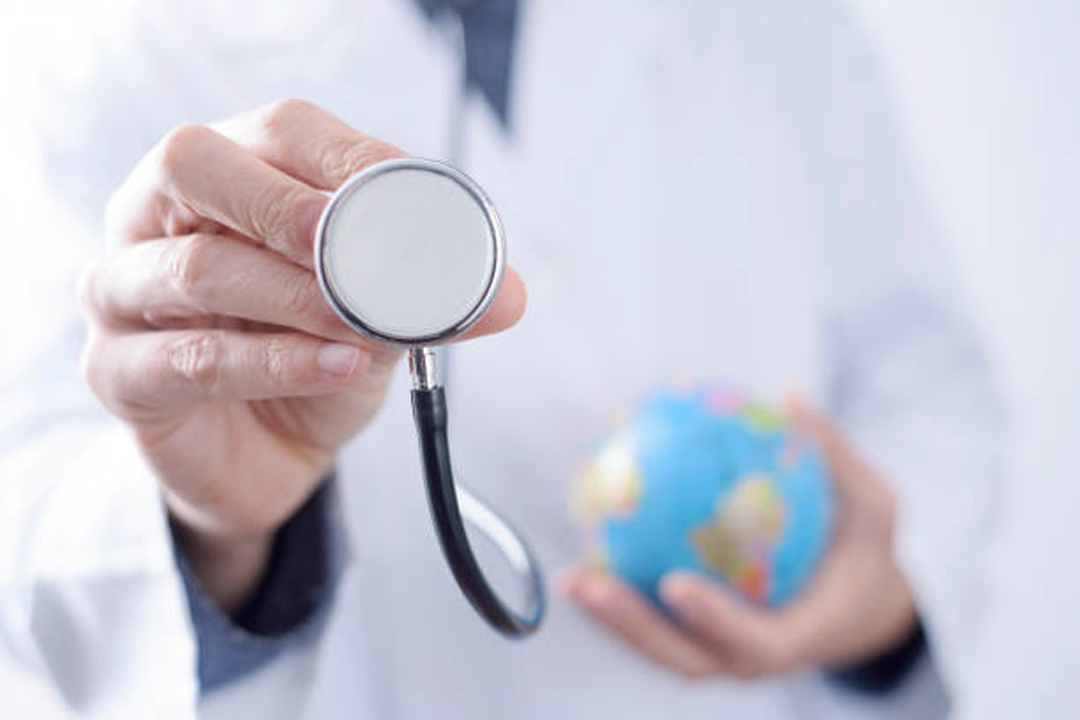
Traveling with food allergies requires meticulous planning, especially when vaccines are part of the equation. Your health and safety hinge on this careful preparation, from ensuring your vaccinations are up-to-date to managing food allergies in different locales.
With the right information and tools, you can maintain your well-being and enjoy your travels. But how can you create a foolproof plan that covers both vaccinations and food allergies?
Key Takeaways
- Ensure vaccinations are up-to-date before traveling.
- Keep an allergy action plan and medications accessible.
- Research food safety at your destination.
Preparing for Safe Travel with Food Allergies
When planning to travel with food allergies, it is essential to consult with healthcare providers, understand vaccination and international health requirements, and pack all necessary medications and emergency gear to manage your condition effectively.
Consulting Healthcare Providers
Before your trip, schedule an appointment with your allergist to review your food allergies and discuss any necessary precautions for traveling.
Ensure your action plan for managing anaphylaxis is up-to-date and obtain any required documentation for carrying medications such as epinephrine auto-injectors on board an aircraft.
Your doctor should also supply you with a letter explaining your condition, which can be helpful when passing through airport security.
Vaccinations and International Health Requirements
When considering vaccinations for international travel, confirm whether routine vaccines or any destination-specific vaccinations like yellow fever are required.
Inform your doctor about your food allergies, as some vaccines may contain allergens. Ask about the components of each vaccine to avoid an allergic reaction.
Travel immunization services, such as Away Clinic, will know how to address your allergies while keeping your vaccines up-to-date.
It’s crucial to discuss the timing of vaccinations in relation to your travel, allowing for any potential side effects to subside before departure.
- Vaccines with Potential Allergens: Request information about vaccine ingredients and let your healthcare provider know your allergy triggers.
- Allergy-Friendly Clinics: Seek out travel clinics experienced with patients who have food allergies.
Packing Medications and Emergency Gear
Prior to departure, double-check your supply of medications, including epinephrine auto-injectors and antihistamines. Pack them in your carry-on luggage for easy access:
- Medications: Pack at least two epinephrine auto-injectors and antihistamines.
- Documentation: Keep copies of prescriptions and medical identification.
- Insurance: Have your health insurance card and a travel insurance policy that covers anaphylaxis treatment abroad.
| Emergency Gear | Description |
| Epinephrine Auto-injectors | Carry at least two in case of multiple reactions. |
| Antihistamines | As a first-line response to mild allergy symptoms. |
| Medical Identification Bracelet | To quickly inform others of your condition. |
Always keep your medications within their labeled containers and review the storage instructions, particularly for sensitive medications like epinephrine that may be affected by temperature changes.
Navigating Food Allergies During Travel
Traveling with food allergies requires careful planning and clear communication. Your health and safety are paramount, so carrying your epinephrine auto-injector, understanding international food labels, and discussing your needs with service providers should be at the top of your travel checklist.
Communicate Your Dietary Needs
Before you depart, notify airlines and hotels about your allergies. Carry chef cards—cards that communicate your allergies in the local language—to present at restaurants.
When flying, contact your airline in advance to discuss meal options and policies concerning allergens like peanuts. Be clear and specific with your communication, eliminating any chances of misunderstanding due to language barriers.
Choose Safe Accommodations and Dining Options
Select hotels or vacation rentals with refrigerators, allowing you to store safe food and snacks. Research and choose dining establishments that accommodate food allergies by checking restaurant menus online, or utilizing a food allergy guide.
At grocery stores, read food labels thoroughly to prevent accidental exposure to allergens.
Be Ready for Allergic Reactions
Always have your epinephrine auto-injector and Food Allergy & Anaphylaxis Emergency Care Plan accessible, not in checked luggage or overhead bins.
Familiarize yourself with the locations of hospitals and understand the country’s emergency medical care system, especially if you’re on international travel.
Keep hand wipes on hand to clean surfaces and consider wearing a mask in locations with high pollen count or other environmental allergies.
Conclusion
When traveling with food allergies, ensure you:
- Consult a healthcare provider before your trip regarding safe vaccine administration.
- Carry emergency medications like epinephrine auto-injectors.
- Maintain access to safe food options during travel.

